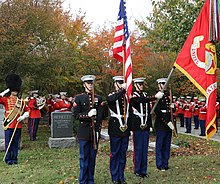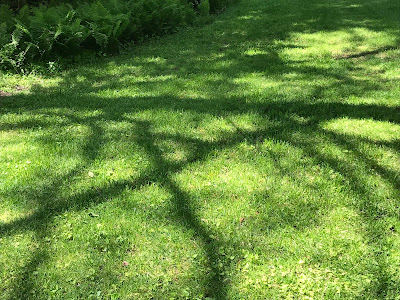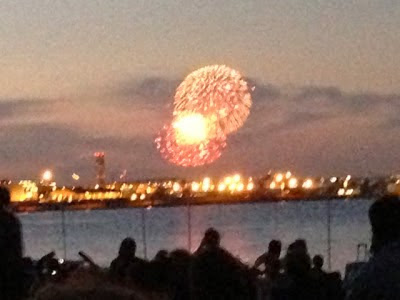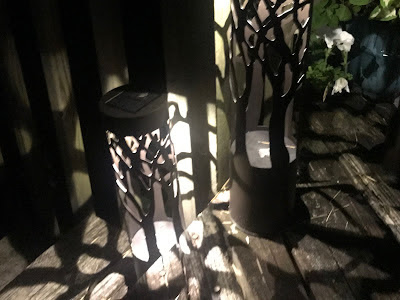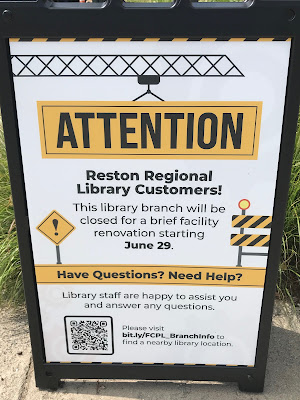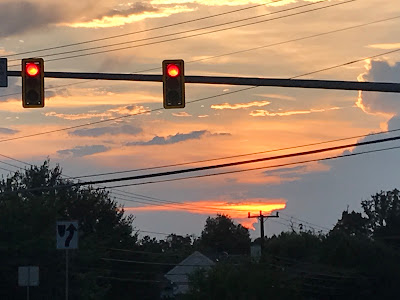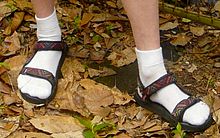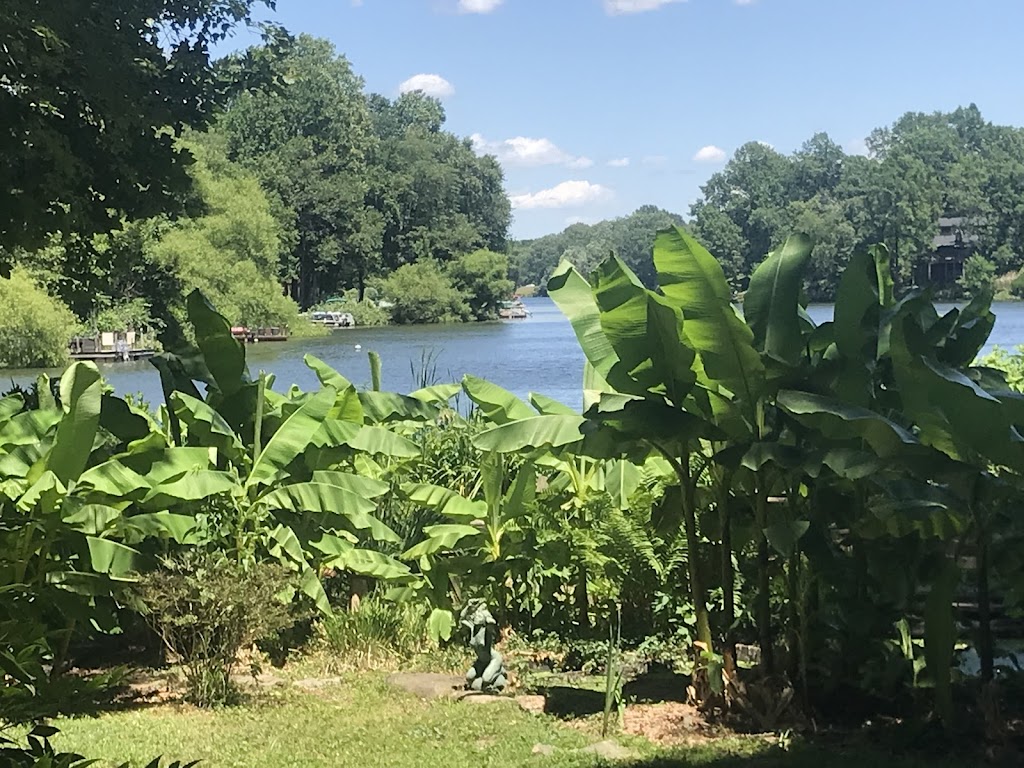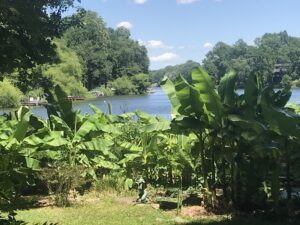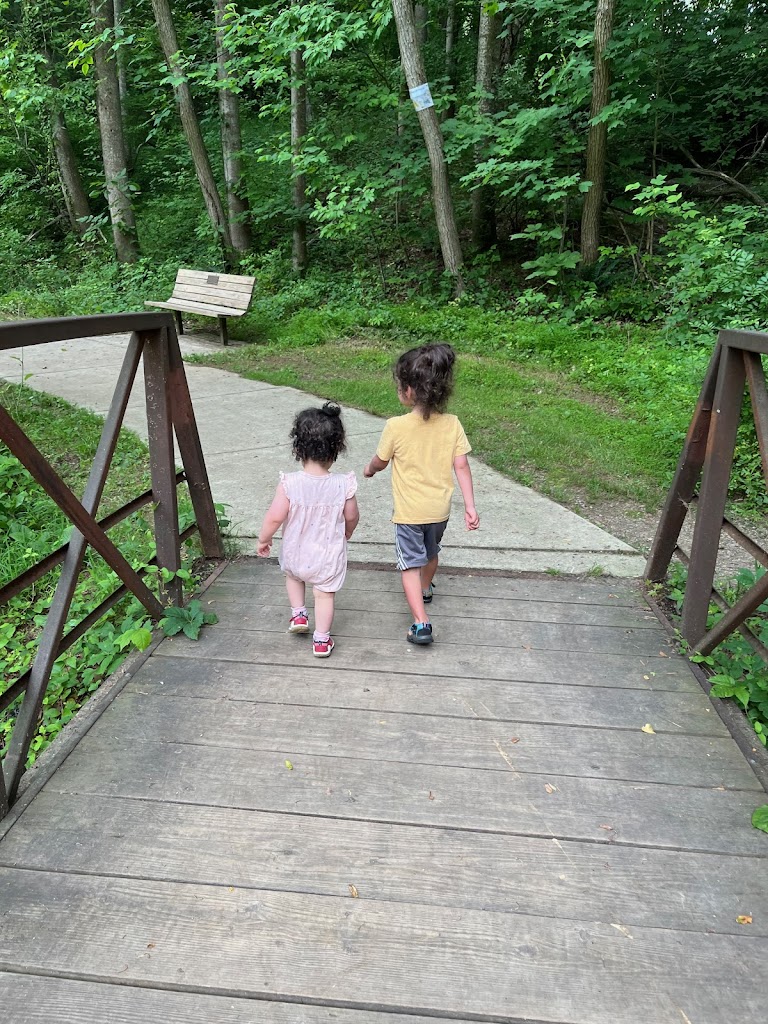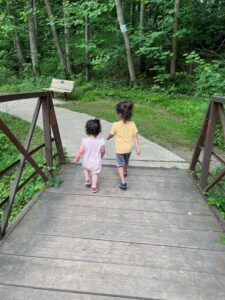Sousa!
There was a time when I played John Phillip Sousa music as we took down the Christmas tree. It was cheerful and made that seasonal task less melancholy than it would have been.
But I hadn’t listened to Sousa marches in a while, winter or summer, until day before yesterday. Looking for suitable accompaniment to my Independence Day walk, I streamed a recording of Stars and Stripes Forever, the Washington Post March, Liberty Bell, Thunderer and many others.
They certainly put a skip in my step, which would otherwise have been lagging due to heat and humidity.
It was a 45-minute trip to the turn of the century, not the last turn, the one before that. I imagined unicycles and bunting and girls with pigtails, all made possible by America’s March King.
Today I repeated the experience. It felt just as fine.
(Military observance at Sousa’s grave. Courtesy Wikipedia)
